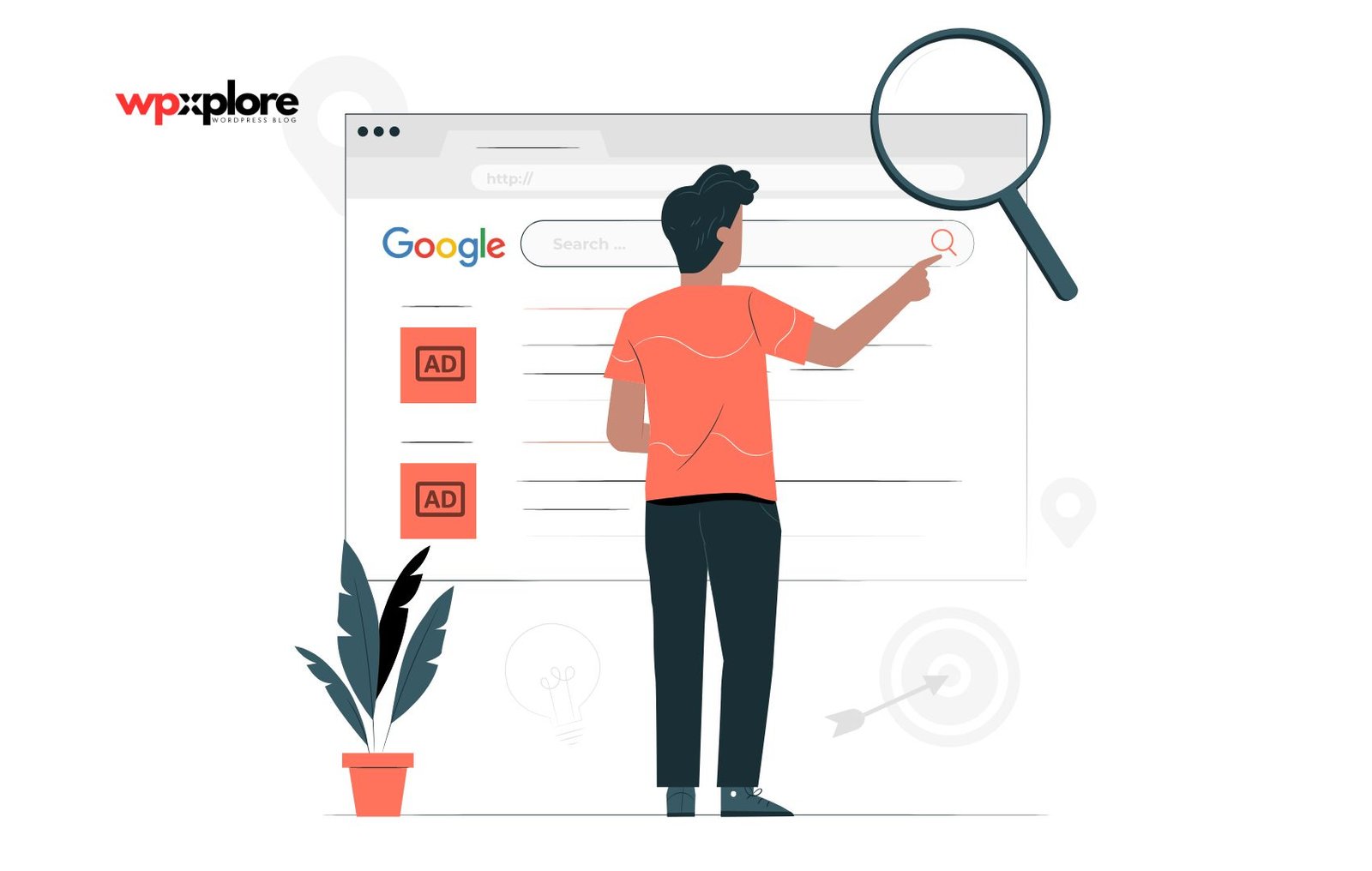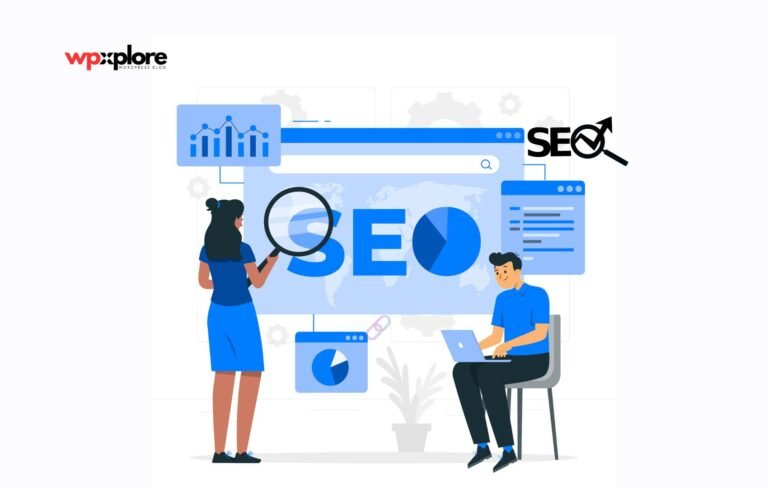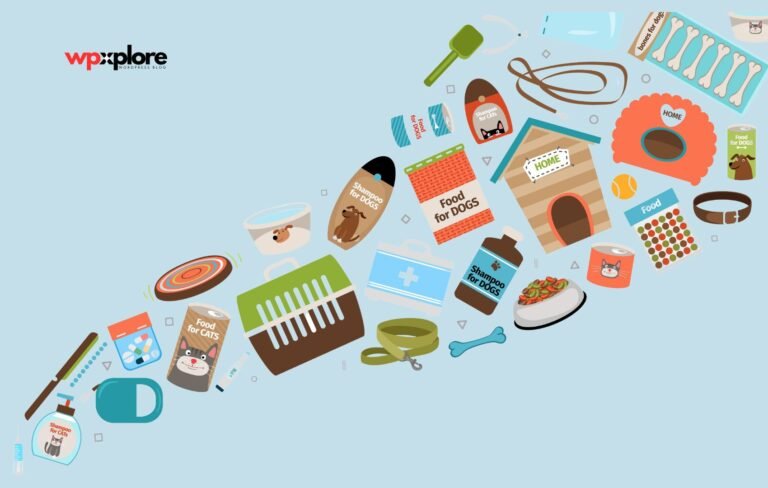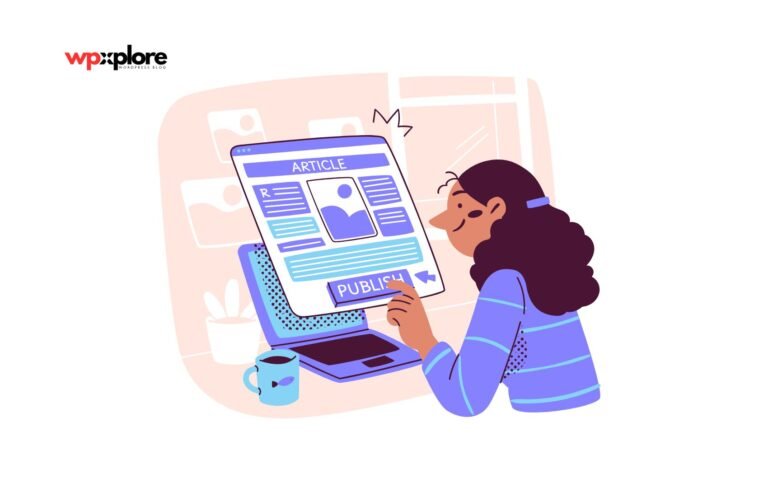Listen To The Podcast on This Article
Google Search has long been the most reliable way to find information online. But recently, users have noticed things changing—and not for the better. Why Google Search is Falling Apart? With more ads, misleading design, and questionable results, many users wonder if the platform prioritizes profit over usability. Let’s break it down.
Google dominates the global search market with a 91.47% share, including a 95.32% share on mobile and 81.95% on desktop
Reasons Why Google Search is Falling Apart
Contents
- Reasons Why Google Search is Falling Apart
- 1. Ad overload: Too many Ads, not enough information
- 2. The “Fold Factor”: Hidden information below the Fold
- 3. Misleading design: Blurring the line between Ads and organic results
- 4. Questionable shopping results: Overcrowded with Ads
- 5. Ads vs. accuracy: Irrelevant results take over
- 6. The impact of SEO tactics
- 7. The role of AI in search
- 8. The future of search
- What’s Causing the Decline?
- Is There a Fix?
- Final Note
- FAQs – Google Search is Falling Apart
- 1. Why is Google Search showing more ads?
- 2. What is keyword stuffing?
- 3. How does AI affect Google Search results?
- 4. What is the “fold” in search results?
- 5. What can users do if they find Google Search unreliable?
- 6. How does SEO manipulation affect search quality?
- 7. What might the future hold for Google Search?
Google Search has been a dominant tool for finding information, but it’s showing signs of decline. Here are the main reasons why Google Search is falling apart:
1. Ad overload: Too many Ads, not enough information

- Four or more ads take up the top of the results page, forcing you to scroll to find organic results.
- The increased number of ads can push the information you need far down the page.
- This prioritization of paid content can make finding relevant, unbiased information frustrating.
2. The “Fold Factor”: Hidden information below the Fold

- Think of the “fold” of a newspaper as the area visible before opening.
- For that, the “fold” refers to the part of the search results page that is visible without scrolling. Ads now often occupy this space, pushing organic results down.
- Important content often gets buried beneath ads, forcing users to scroll further than expected.
3. Misleading design: Blurring the line between Ads and organic results

- Google used to mark sponsored ads with a yellow background, but now it’s gone.
- Today, sponsored results blend in with organic ones, making it hard to distinguish between paid and organic content.
- This design change makes users more likely to click on ads without realizing it, potentially leading to less relevant or commercialized results.
4. Questionable shopping results: Overcrowded with Ads

- Product searches bring up a carousel of shopping ads, often for products unrelated to your search.
- These ads are often paid placements; some may even direct you to low-quality or scam websites.
- Instead of seeing helpful product reviews or comparisons, you’re faced with ads that need to be more transparent about the search experience.
5. Ads vs. accuracy: Irrelevant results take over
- Search queries like “thinnest mini fridge” might return ads that are totally unrelated to what you’re looking for.
- Organic search results are often overshadowed by paid promotions, making it harder to find accurate information.
- Google’s emphasis on ads over relevance can lead to a frustrating user experience.
6. The impact of SEO tactics
- SEO (Search Engine Optimization) has become more complex, with website owners using a variety of tactics to improve rankings.
- Some websites use keyword stuffing or over-optimize content with keywords, which leads to low-quality or irrelevant content appearing higher in search results.
- This manipulation of SEO can degrade the user experience, as it prioritizes content that isn’t necessarily the best or most accurate but well-optimized.
7. The role of AI in search
- Google has increasingly integrated Generative AI (GI) or Artificial Intelligence (AI) into its search algorithms to refine results.
- While AI can improve the relevance of search results, it also introduces new challenges:
- AI-generated content is becoming harder to distinguish from human-generated content, potentially flooding search results with less valuable or authentic content.
- AI algorithms may have biases, resulting in biased or unbalanced search results based on their training and the data they are given.
8. The future of search
- The future of search is uncertain as Google continues to evolve its algorithms and integrate emerging technologies like AI.
- As these changes unfold, users can expect the search experience to shift significantly in the coming years.
- Users must stay aware of these shifts, remain critical of search results, and explore alternative search engines.
What’s Causing the Decline?
The answer lies in Google’s business model:
- Google’s primary revenue source is advertising, which encourages the platform to push ads more aggressively.
- The more users click on ads, the more money Google earns—but at the expense of user satisfaction.
- As a result, Google is focusing more on ad revenue than user experience.
Is There a Fix?
Here are a few potential solutions:
- User Feedback: If enough people voice their dissatisfaction, Google may consider making changes to balance ads with user experience.
- Explore Alternatives: Consider using other search engines like:
- DuckDuckGo: Focuses on privacy and ad-free experiences.
- Ecosia: A search engine that plants trees with its revenue.
- Bing: Often overlooked, but provides a clean and ad-light experience.
In 2024, 77% of individuals use Google for online searches more than three times a day
Final Note
If you’ve noticed a decline in the quality of Google Search, you’re not alone. It’s important to be aware of these changes and adjust how you navigate the platform. Take action:
- Share your feedback with Google to encourage improvements.
- Explore other search engines that better suit your accurate and ad-free information needs.
Stay informed, stay critical, and always seek the best search experience!

FAQs – Google Search is Falling Apart
1. Why is Google Search showing more ads?
Google prioritizes ads in search results as part of its revenue model, increasing visible advertisements.
2. What is keyword stuffing?
Keyword stuffing is an SEO tactic where websites overuse keywords to manipulate search rankings, often resulting in low-quality content.
3. How does AI affect Google Search results?
AI is used to refine search algorithms but can also introduce biases and make AI-generated content hard to distinguish from human-generated content.
4. What is the “fold” in search results?
The “fold” refers to the part of the search results page that is visible without scrolling. Ads now often occupy this space, pushing organic results down.
5. What can users do if they find Google Search unreliable?
Users can provide feedback to Google and explore alternative search engines for better experiences.
6. How does SEO manipulation affect search quality?
Manipulative SEO tactics can lead to irrelevant or low-quality content ranking higher in search results, degrading the overall user experience.
7. What might the future hold for Google Search?
As Google continues to evolve its algorithms and incorporate new technologies, the search experience may change significantly, requiring users to adapt.








Leave a Comment